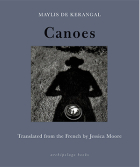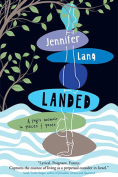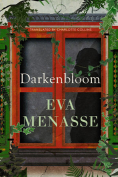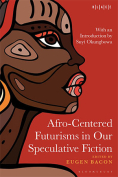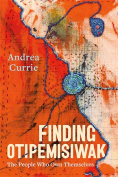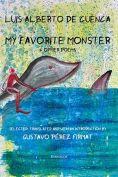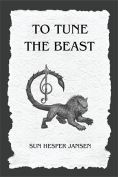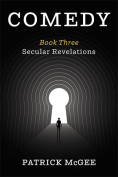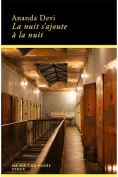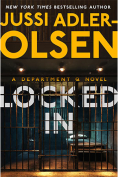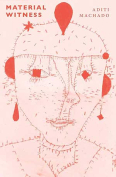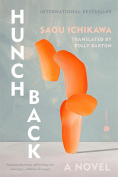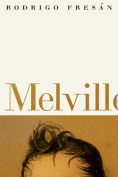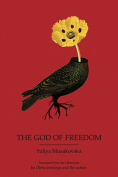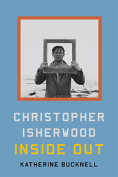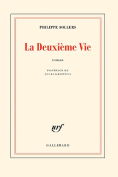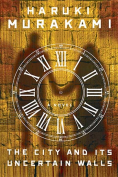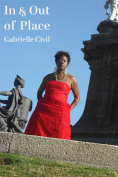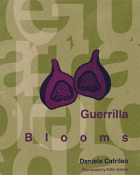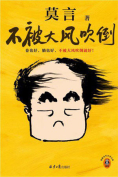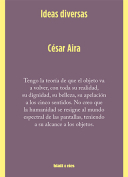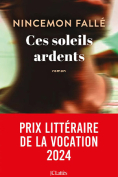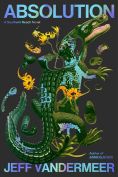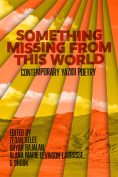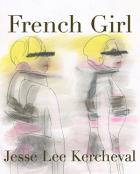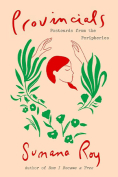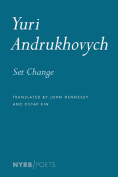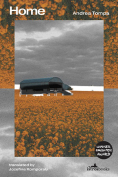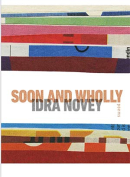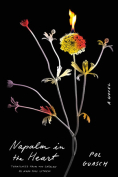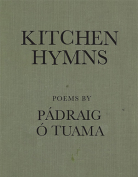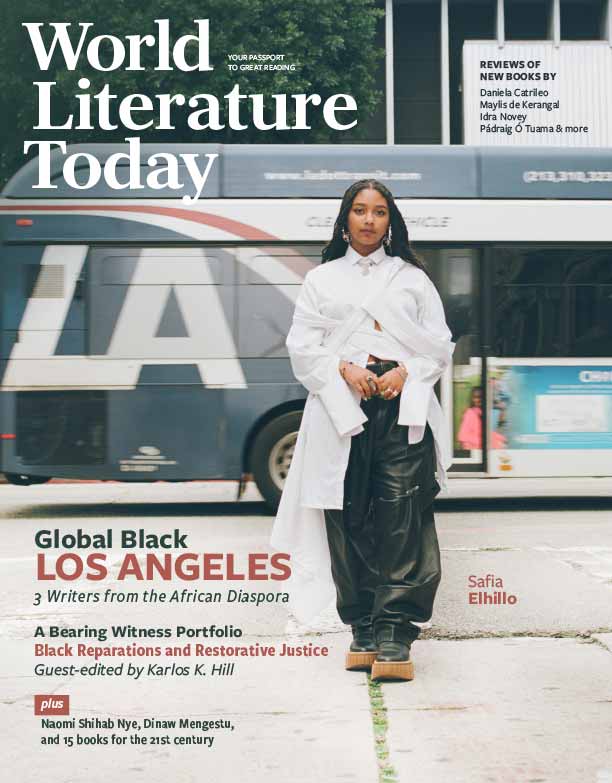Hunchback by Saou Ichikawa
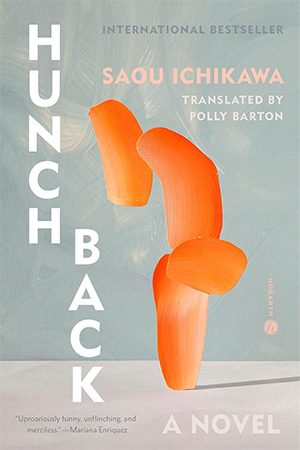
New York. Hogarth. 2025. 112 pages.
“Hunchback was my revenge,” the author Saou Ichikawa stated at the prestigious Akutagawa Prize award ceremony. From her electronic wheelchair, Ichikawa spoke in short sentences while pressing the tracheostomy connector button. She was the 169th winner of the prize with an almost ninety-year history and the first author with severe disabilities.
Ichikawa explains that the book is 30 percent autobiographical. The author and her protagonist, Shaka Izawa, share a severe congenital muscular condition, myotubular myopathy, a rare genetic disorder that causes muscle weakness, which results in many difficulties, including general mobility, sustaining body posture, and breathing. They also share their “hatred” toward printed books:
. . . all those able-bodied people didn’t know how good they had it. They could make erudite-sounding pronouncements about how they just liked the smell of books, or the feel of the paper, or the sense of tension that came from the thickness of the remaining pages reducing beneath their fingers, and others would listen unquestioningly to what they were saying.
The reading experience of this book consists of a series of revelations. One wonders what’s wrong with beautifully printed books. Yet we are humbled to be presented with a different view of things we often take for granted.
The protagonist, Shaka Izawa (Shaka is a homonym of Buddha in Japanese), writes articles for pornographic magazines for good pay. Hunchback begins with one of her explicit articles about the swinging bar and spontaneous sex adventures of nondisabled beautiful young people. However, practically bedridden and dependent on a ventilator, this otherwise healthy woman of reproductive age has difficulty having sex. Just as printed books limit her right to read, sex and reproductive rights are hard for her to claim. Shaka tweets: “If I were reborn, I would be a high-class call girl!”
She owns the group home where she resides, which cares for people with various disabilities who require round-the-clock care. Thanks to her parents’ foresight, Shaka is wealthy. The author, Ichikawa, is from a middle-class family and is cared for by her parents, professionals, and various equipment. Her wealth distinguishes the difficulties that money can solve from those it cannot.
One day Shaka tweets a message: “I want to get pregnant and have an abortion.” She knew she could conceive. She knew her body wouldn’t be able to hold the baby to maturity. She certainly wouldn’t be able to care for one. She explains her initial motive in her note:
How could I, with only these mistaken blueprints to refer to, ever hope to turn out like them (other kids)? I wouldn’t object to living life on their level. Getting pregnant, having an abortion, breaking up, getting with someone new, getting pregnant, having a baby, breaking up, getting with someone else, having another baby—I’d be perfectly content if my life was just an imitation of that process. I wanted to catch up with those kids, catch up with their backs. Even if I couldn’t give birth, I wanted to get as far as aborting.
One day, when her usual female caretaker is unavailable, she agrees for a young man, Tanaka, to assist her in showering. She later understands that Tanaka had read her every utterance written under different pseudonyms. She felt exposed, but she decided to take advantage of the situation. Following their cryptic conversation, she made a proposition to the young man, who was barely five feet tall and worked as a caregiver at the group home, to get her pregnant in exchange for fulfilling his desire in any way she could. He wanted one hundred million yen. The risk was, perhaps, predictably high for her to have a fling. She almost choked to death and didn’t regain adequate oxygen levels for over an hour. This was not the end of it. She would wake up feverish the next morning and had to be hospitalized for days, nearly dying from it, with the diagnosis of aspiration pneumonia. One also wonders about the check she wrote Tanaka for the entire amount in her bank account. Was it worth it for her?
Hunchback is an important because brave book. As mentioned earlier, the book is 30 percent autobiographical. The other 70 percent is fiction constructed carefully to communicate how we all could live to the best of our ability by telling what a woman in a profoundly disabled body wants.
Miho Kinnas
Hilton Head Island, South Carolina
